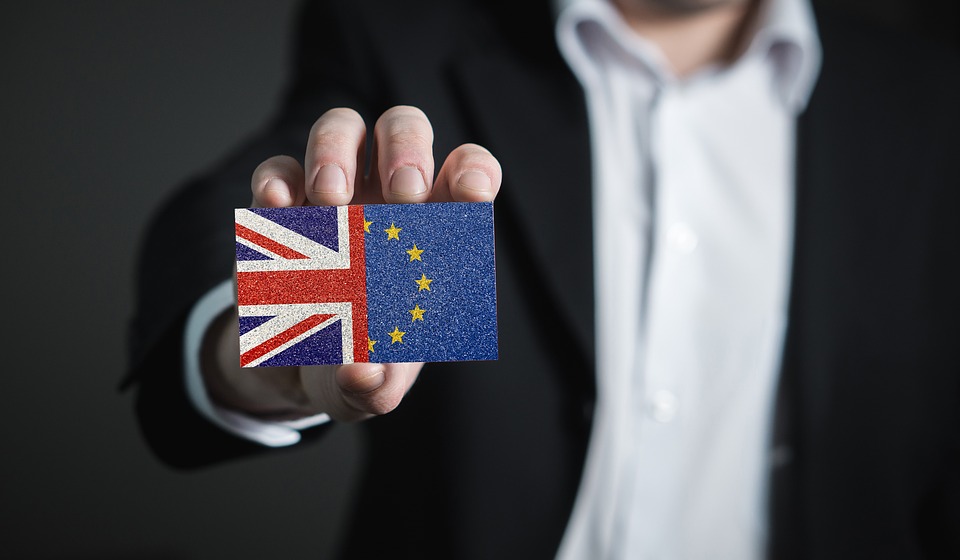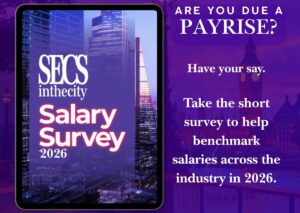New research has discovered that 74 per cent of professionals now seek a second Brexit referendum, following Prime Minister Theresa May’s vote of no confidence.
On Wednesday, December 12, Prime Minister Theresa May faced a vote of no confidence within her own Conservative party. This had the potential to make May resign and for the party to nominate someone new as Prime Minister, however, with a majority of just 83 votes she successfully held on to her political position.
Undoubtedly this has caused more questions than before, due to over 100 of her own MPs no longer backing her decisions. As a result of all the unknowing, many groups and businesses have called for a second referendum that clearly defines what a leave vote would mean. Research carried out by Morgan McKinley, confirmed that the majority 74 per cent of the 6,500 they surveyed actually wanted a second referendum. Then when asked how the participants would vote in a second referendum, three per cent said they would prefer May’s current deal, 22 per cent would choose to leave and 74 per cent stated they would remain.
Hakan Enver, managing director of Morgan McKinley said: “An overwhelming 74 per cent voted in favour of a second referendum. It is apparent there is a cross-section of the UK who feel as though they deserve the option of determining the UK’s future relationship with the European Union.”
One respondent commented “There has been a material change of facts since the referendum of 2016. The reality is nothing like the picture that the Brexit campaign painted in 2016. The people should be allowed to rethink their position based on the new information.”
But how have we ended up in this position?
Back in 2016, David Cameron announced that there would be a referendum to decide whether the UK would remain or leave the European Union. The vote was close but 52 per cent of the general public that voted chose to leave.
As a result, Cameron resigned and several months later Theresa May became the UK’s second ever female Prime Minister.
Over the course of the next two years May managed to win a national election and start discussions within the European Parliament, however, the type of Brexit that the UK wanted in order to leave the EU was never clearly stated, which itself has caused issues between Brexiteers, with some wanting a hard Brexit and others a soft Brexit.
Many of the MPs that originally wanted the UK to leave the EU have now jumped ship leaving May in complete control of the UK’s future. Amongst the leaving discussions, Mrs May suggested that Ireland – who would remain in the EU – would require a hard border from the UK and Northern Ireland. This would undo a lot of the work agreed with the Good Friday Agreement, which has created a lot of tension amongst the PMs own party.
Morgan McKinley’s latest London Employment Monitor highlighted a 39 per cent decrease in financial services jobs available compared to November 2017. “The uncertainty of Brexit means that businesses are stalling on committing to major projects. In turn, this limits investment in talent and prevents organisations from future growth. Add to the mix infighting within the Government, a vote of no confidence, as well as a divided nation. All this combined means we are fast becoming a laughing stock to the rest of Europe. Having come from a position of strength, we are now on the back foot.
“While many across the country believe remaining in the European Union is the right thing for the UK, you will find others who strongly disagree. Being in the EU currently offers access to a single market and passporting rights that allow freedom of movement across European borders, by restricting this, it can allow trade agreements with other countries. Therefore, free movement of talent with other nations, who are arguably more aligned to core sectors such as technology and financial services, could become a reality.”
As a result of all of the above, the UK still has no idea what will happen after March 29, 2019, with many people angry and confused. There is increasing pressure on those in charge to call a second referendum but the odds of that actually happening are slim, with most people just wanting a finalised decision made.















